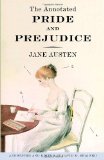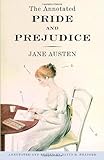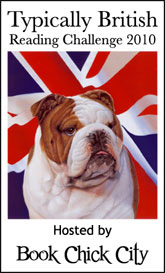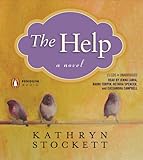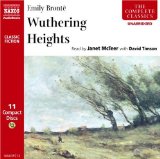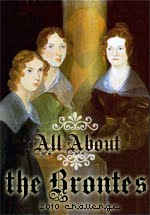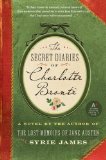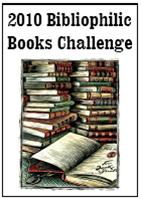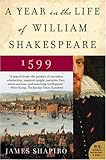 James Shapiro’s A Year in the Life of William Shakespeare: 1599 describes the events surrounding one of Shakespeare’s most prolific years, beginning with his finishing Henry V, through the composition of Julius Caesar and As You Like It, ending with the composition (and revision) of Hamlet. I had not read much before wishing we had a book like this for each of the years of Shakespeare’s career. Shapiro deftly connects historical events such as the threat of Spanish invasion, a botched campaign in Ireland led by the Earl of Essex, and fears regarding Elizabeth’s succession to characters and events in these four plays. Starting with winter 1598-1599, Shapiro sets each play’s composition in a different season and describes the historical events during that time period. One of my students once noted that I always say “No one writes in a vacuum.” I didn’t know I said it that much, but it’s true, and Shapiro’s book is a testament to the influences upon Shakespeare’s writing.
James Shapiro’s A Year in the Life of William Shakespeare: 1599 describes the events surrounding one of Shakespeare’s most prolific years, beginning with his finishing Henry V, through the composition of Julius Caesar and As You Like It, ending with the composition (and revision) of Hamlet. I had not read much before wishing we had a book like this for each of the years of Shakespeare’s career. Shapiro deftly connects historical events such as the threat of Spanish invasion, a botched campaign in Ireland led by the Earl of Essex, and fears regarding Elizabeth’s succession to characters and events in these four plays. Starting with winter 1598-1599, Shapiro sets each play’s composition in a different season and describes the historical events during that time period. One of my students once noted that I always say “No one writes in a vacuum.” I didn’t know I said it that much, but it’s true, and Shapiro’s book is a testament to the influences upon Shakespeare’s writing.
I found it intriguing to discover the types of historical evidence for Shakespeare, especially in light of the fact that so many people claim he didn’t exist or didn’t write his plays. I am looking forward to reading Contested Will, in which Shapiro examines the anti-Stratfordian theories for authorship.
This book abounds with descriptions and side notes that lend an extra layer of understanding. It was this year that the Lord Chamberlain’s Men fired their clown, Will Kemp, and hired a couple of excellent boy actors capable of playing strong female roles. It was this year that the Globe was constructed when the lease on the land housing the Theatre could not be renewed. In addition, Shapiro shares the in-jokes most modern readers would likely miss:
The cross-pollination of the plays reaches another level when Polonius unexpectedly tells Hamlet, “I did enact Julius Caesar. I was killed i’ th’ Capitol; Brutus killed me” (3.2.99). John Heminges, who played older men, probably spoke these lines and also played Caesar. The in-joke, which audiences at the Globe would have shared, is that Richard Burbage, who was playing Hamlet and had played Brutus, was about to stab Heminges again. (328).
Of course, this example is only one among many. This book will have a treasured place on my shelf and will be at hand when I teach Shakespeare again. If you enjoy Shakespeare, Tudor history, the Renaissance, or just a good book about books, read A Year in the Life of Shakespeare: 1599.
Rating:




This book is my third selection for the Bibliophilic Book Challenge. I committed to the Bookworm level of the challenge, which means completion of three books, so the great news is that I have completed this challenge. I may continue to read more books suited to the challenge.






